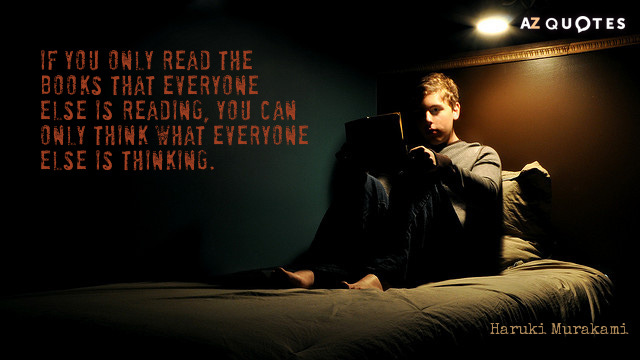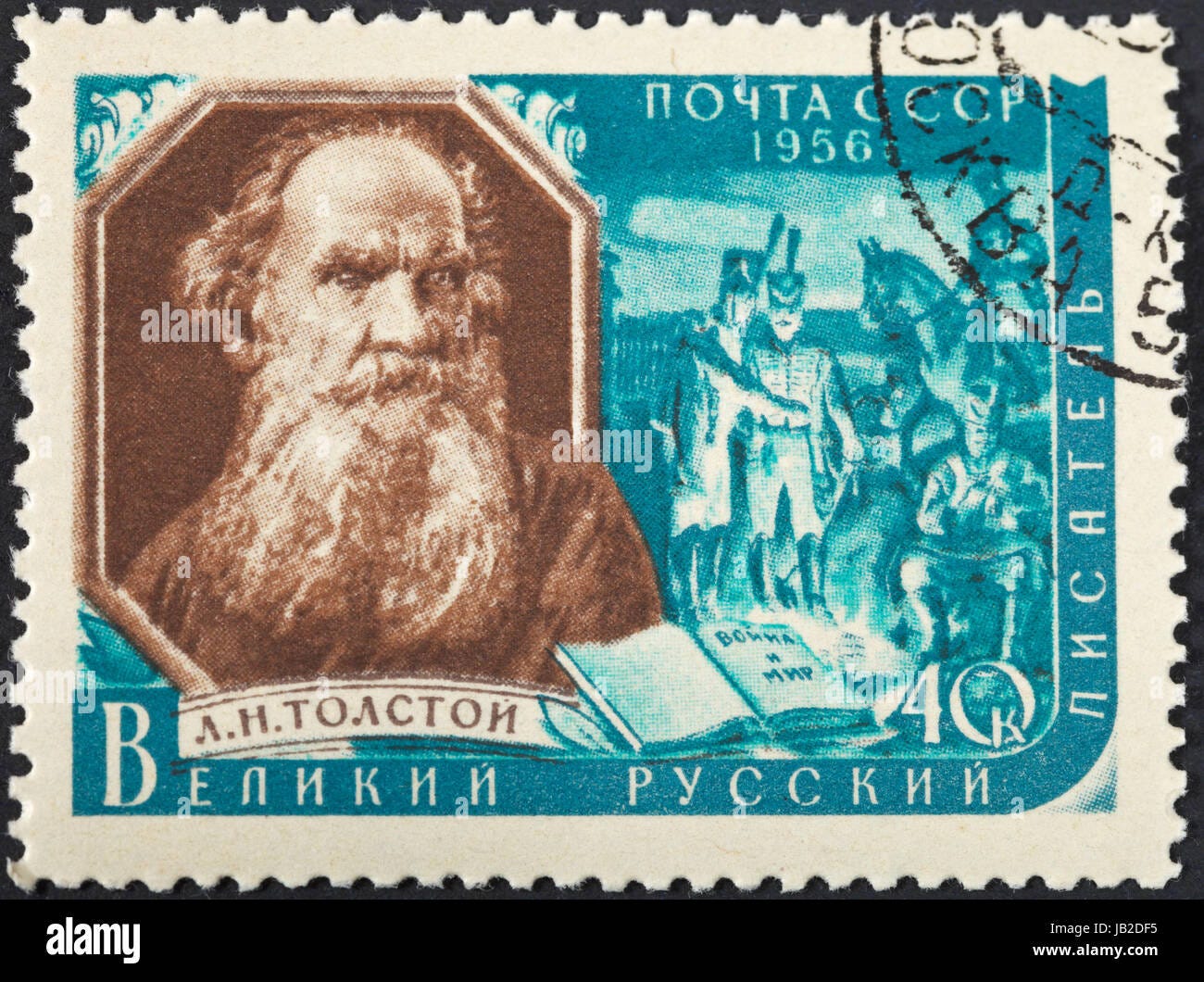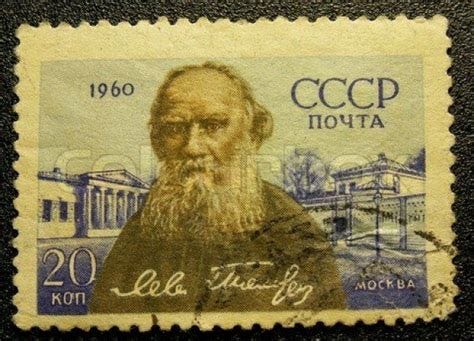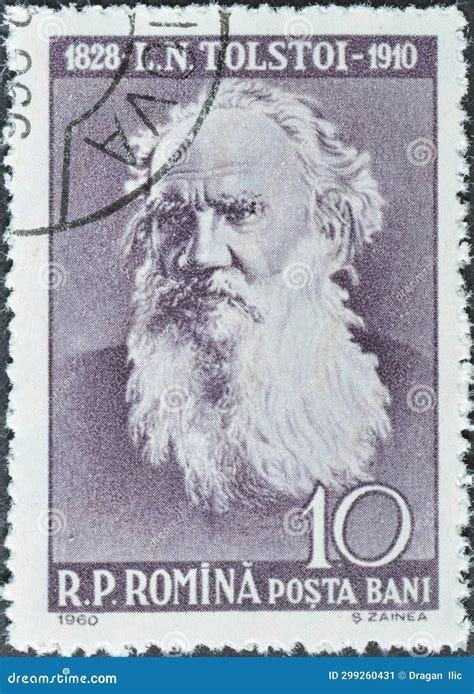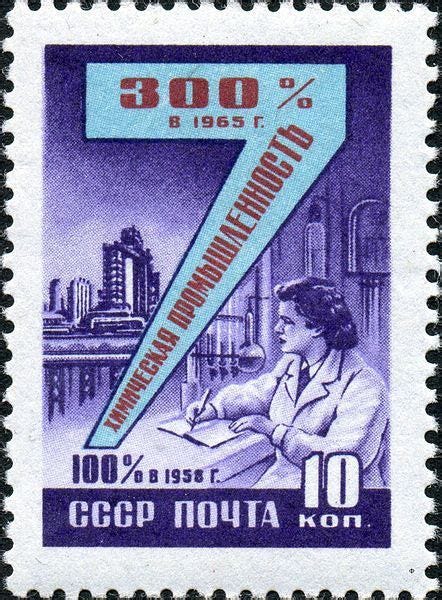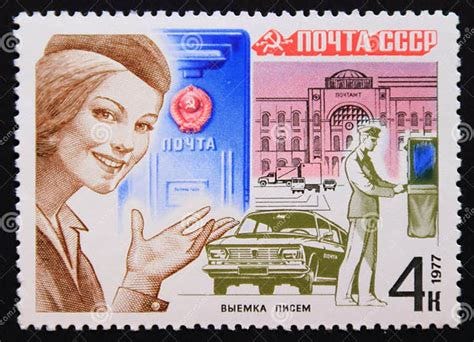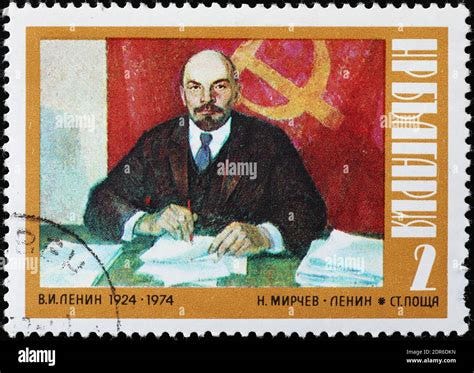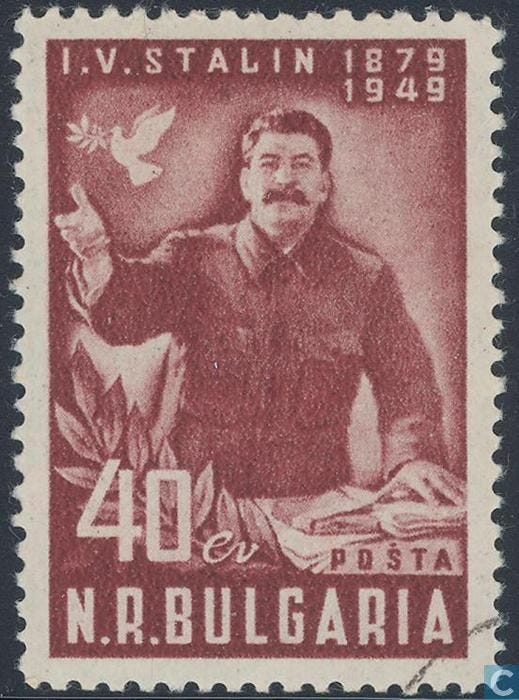"Wonder Confronts Certainty"
Gary Saul Morson: timeless lessons>Russian "baggy monster" writers. My review.
What have Tolstoy, Turgenev, Dostoevsky, Solzhenitsyn, and Svetlana Alexievich ever done for us? To rattle off but a few top-drawer Slavic chroniclers over two centuries. Delving into big books by grizzled thinkers, neither self-pitying coming-of-age nor “pity the poor immigrant” (as an Irish song inevitably titles blight, fright, plight, flight), no “Lord, don’t let me be misunderstood” the personal-is-polemical-political screeds. Hype-beset, ideologically inundated by influencers’ prizes, tweets, and craven capitulation to Big Five publishers’ pearl- (or latte, lanyard, earbud, phone) clutching apparatchiks, I open up few recent releases (except for my Spectrum Culture monthly contribution): wait for time telling tales. Wisdom prudently eschews one-click taps or Pavlovian “likes.” “It is a good rule after reading a new book, never to allow yourself another new one till you have read an old one in between." (At least. I’d counsel ten.) C. S. Lewis…
That is, for settling in. Rather than breathlessly blurbing. Mallory Young's Quillette piece "Plotting Lives of Quiet Contentment" sums up an (Un)Common Reader's plaint.
Anyhow, here's Gary. His Commentary Magazine essays, including “The Pevearsion of Russian Literature” which I cited in my heavy baggage deep dive “On the Pleasures of Immersing One's Self in Tolstoy and Dostoevsky”…eliciting an apt aperçu from my longtime pal, high-school wit, on FB: probably the first juxtaposition of the noun “pleasure” in tandem (troika?) of those two hirsute, morose scribblers ever uttered.
Wonder Confronts Certainty: Russian Writers on the Timeless Questions and Why Their Answers Matter. Five (rarely bestowed) stars on Goodreads. June 2nd 2025.
Astonishingly engaging, critically astute, masterfully composed. And I don't dish out heaping praise sloppily. Each calm paragraph by this experienced scholar, a {Mikhail} Bakhtin expert, balances insight, furthers reflection, and suggests relevance. Literary innovations and political upheavals preceded us by, as Pushkin's pioneering verse signals, two centuries. My highlights {via that Goodreads link above} accumulated as I contemplated eerie, daft, reverberating parallels between privileged "activists" 1960s through now and sly revolutionaries ("intelligentsia"~proto-Bolshie coinage, nota bene) advocating hate "by any means necessary" on a pressganged march towards “socialism” without our human face, a bloody embrace of Red, ideal, pitiless ideology.
Trained in doctoral research for my "terminal" English lit degree, I'm familiar with tenured protocol Morson practices. What amazes me--among much in these engrossing arguments he patiently, subtly, marshals--emerges from his skill in explication without simplification. By gradually inserting and elucidating core contents germane to, say, the seminal if shoddy utopian potboiler "What Is to Be Done?"
Without recourse to plot summary. Rather, via a guided process of growing familiarity, as the realist tradition of this nation's classic fiction reveals ethical truths teaching us too, today. Through deft, densely assembled, yet vivid, clearly composed chapters, Morson keeps a reader (who in my case confesses an acquaintance with but a short shelf of its classic canon only in translation, if usually on a single go) aware of how his/her progress into analyses of set-texts advances into humane insights.
Therefore without potted recital, facile theory, or patronizing popularization, perceptibly, a mature and thoughtful perspective on great thinkers of the pre-Soviet span and CCCP regime widens. I felt as if I'd enrolled in his grad seminar at Northwestern. Yet (as if in a diss. dream), I could keep step as a tenderfoot, credit to confidence in a patient professor whose sharp presentation paced itself nimbly.
Its introspective tone, reasoned lessons, and consistent equanimity reward quiet concentration. Ease into these careful interpretations. This isn't a volume to race through. I spaced out portions daily, rather than gulping down rich material beyond my comprehension. A few apt passages will generate intellectual nourishment, and plenty to ruminate. This compresses solid, poised, profound knowledge.
It concludes gracefully, calling up Isaiah Berlin's fox, Bakhtin's prosaics, Chekhov's {above} equanimity, Svetlana Alexievich's dialogues. Life as a modest quest, open-ended. In ambiguity, levity, polyphony: inviting one's search for moral meaning, inarticulate speech of our heart, sensed but "still" inaudible.
Published when he turned 75, in his acknowledgments, he thanks an editor for encouraging him, a decade ago, for shifting from his 19th c. specialty to cover the tumultuous and portentous chaos after. I agree. This 2023 tome probably sums up his career. Despite borrowing it for Kindle--easing notetaking-- from the library, I wound up buying it, a token of humble appreciation. to facilitate future reference.
A Constructivist cover design dissuaded me: was that subtitle a craven tagline à la "how the Russians' 'secret history' brays this or saved Western civilization by that" formulaic come-on marketed to dumb down Big Ideas as podcast portions or blog bites? But looking up Morson--who's broadened his range into current events, without betraying intellectual gravitas--I've trusted his wiser bonafides.
P.S. When in 2018 I advised fellow-travellers curious about translations and audiobooks in this genre, I commended Morson's "The Pevearsion of Russian Literature" in Commentary magazine (2010), his critique of "Potemkin" facades set up by Pevear + Volonkhonsky. Long before finding this article, I'd arrived at similar conclusions, if on grounds of instinctive taste, rather than acumen. In "Wonder," he cites renderings by Constance Garnett customarily (although Ann Dunnigan for "War + Peace" 1988).
I did pause to peruse his former collaborator, Princeton's Caryl Emerson (“Cambridge Introduction to Russian Literature,” 2008; see my take for Goodreads) for coordinates before I plunged deeper. It sketched contexts orienting me. Refreshed, I returned to "Wonder" less prone to my callow hunches or shallow vagaries.




